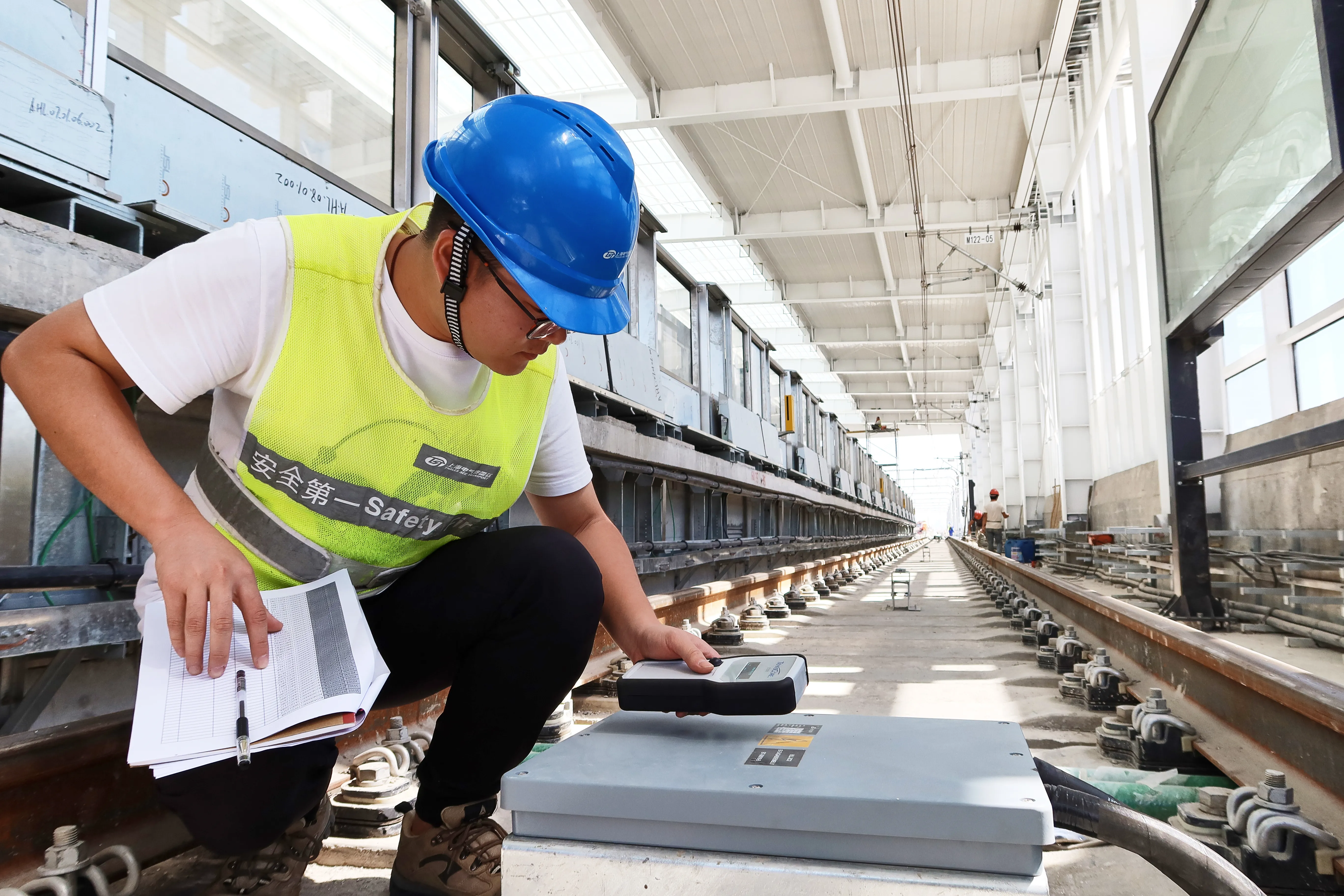
The company decided in 2015 to install a camera solution at train stations and depots to monitor flows of travellers, checking signs, elevators and escalators and making sure that the ticket machines are working – as well as to prevent crime and vandalism, such as graffiti. Not only does this criminal activity create a branding problem and incur cleaning costs, it also puts perpetrators in danger, given the close proximity to high-voltage power lines. Deterring such incidents was important.
ATrain has 180 employees, including train drivers, attendants and operations management personnel, and is responsible for safety and security at four stations – three at the airport and one at Stockholm Central Station. The station houses a despatch centre, where up to six people perform real-time surveillance of the camera monitors that oversee the stations and depot.
A relatively harsh environment used frequently by a lot of people, finding locations which needed to cover all the areas to be monitored, plus challenging lighting conditions, meant that high-quality cameras were required. The solution chosen was a combination of Axis network cameras and Embsec’s laser-based perimeter control sensor, VFence F-501. The fully-automated system monitors stretches along train routes where physical protection could not be set up.
Lighting is complex, with backlighting and light/dark parts of the screen common at a station, so an Axis Q6045 network camera with wide dynamic range is used. In addition to perimeter control, the camera can also be zoomed and controlled to check that signs, ticket machines, elevators and escalators are functioning correctly.
VFence F-501 detects passing people and objects at a distance of up to 500m. The laser sensor functions without reflections and is connected to Axis cameras, sending an alarm directly to the camera when a laser beam is broken or a reference point changes. The moving camera is aimed at the occurrence, recording begins and action can be quickly taken, the company says.
“The components in this system are really top of the line,” says Jimmy Ahl, safety and security director at ATrain. “They meet the stringent requirements of this harsh and sometimes dangerous environment. With this modern technology, we feel very confident that we are giving our passengers and our employees the security and service they expect.”










